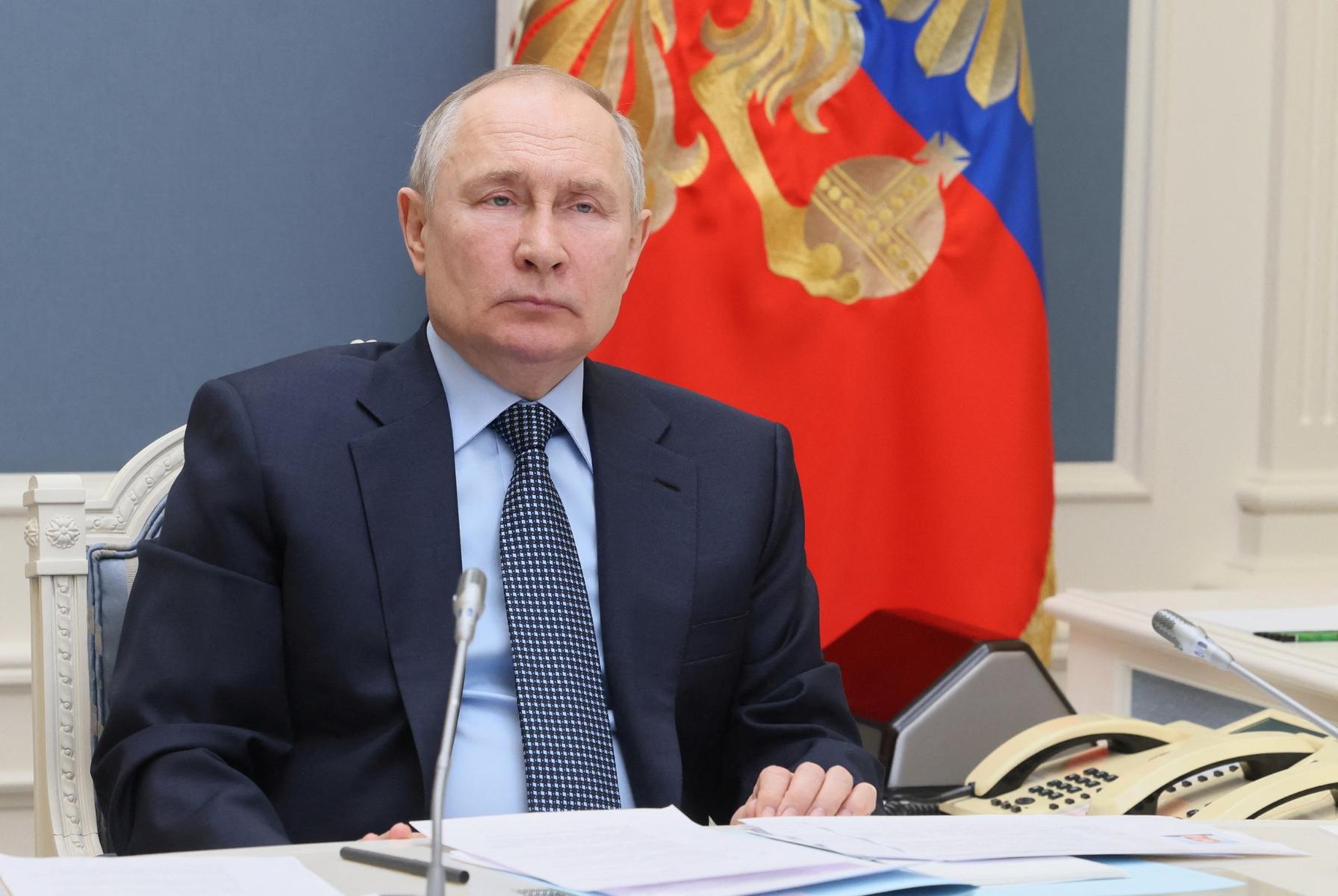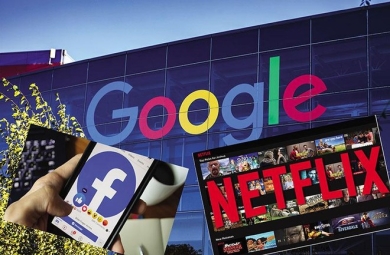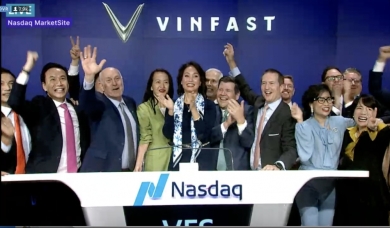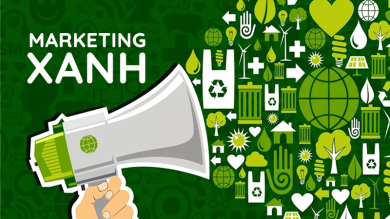Russian President Vladimir Putin did something unprecedented last week: He held a two-hour press conference directed at the American public. It was not exactly a press conference, in the sense that Tucker Carlson, a talk show host perceived as sympathetic toward Russia, was the only reporter present. But neither was it, strictly speaking, an interview, as for most of the program, Putin held forth without the benefit of questions. In a sense, this made it more valuable because it allowed Putin to set out his views in an interesting and important way that might not have been possible had Carlson asked questions that were focused on an American perspective.

Instead, we got a genuine Russian perspective on the war in Ukraine, and Putin appeared to be a reasonable and thoughtful man. He made some very dubious claims, but every leader makes dubious claims while appearing statesmanlike, and Putin’s behavior drove home to an American audience that his position is not without some merit. He also made clear that he is a Russian patriot working for Russian interests, and it is in this spirit that we should take his claims. He did not want to appear like Stalin. He also seemed enormously knowledgeable, far beyond most politicians, though he did have the advantage of knowing what was to be said as well as a translator who always stood between him and his audience. But I believe this was Putin, helped by prepackaged questions, providing a sense of his broad knowledge. If this worked, then he showed that Russia was ruled by a sophisticated thinker. However, given the interview’s length and complexity, the American public may have given up early and not listened to the complete interview.
Still, the historical context, the targeting of an American audience, and the extraordinarily detailed description of Russia and Russian history seem to be setting the stage for negotiations. In defense of Russia’s attack, Putin charged the U.S. and NATO with dishonesty and duplicity in facing Russia, which was simply pursuing its historical imperative. This was no ordinary program, nor was it self-indulgent rambling; Putin’s emphasis on the failure of negotiations in Turkey early in the war makes this clear.
Putin’s central presentation concerned Russian history. He explained how Russia was formed many centuries ago and contrasted this with Eastern Europe’s formation. In this way he argued that Ukraine had always been part of Russia, physically and linguistically. Unstated but implicit in his argument, Ukraine is Russia, and the invasion of Ukraine simply represents the Russian world’s return to an older reality. This is why, according to Putin, Russia’s actions in Ukraine constitute a special military operation and not an act of war. He also spoke of Poland, hinting that Poland and Lithuania are renegades whose roots are inseparable from Russia. The discussion of Russian history was lengthy, but it was not merely academic. Putin’s argument was that history binds a place to its surroundings and its inhabitants and, in this case, gives Russia the right to make claims on foreign territory. I admired the way he slipped in his claims to the region in a way that might be dismissed or overlooked. He did, however, lay the foundation for Russian claims in Poland.
Some of what Putin said was confusing. For example, he asserted that the current Ukrainian government and its predecessors were Nazis and therefore were an enemy of Russia. He cited two men who had become Nazi collaborators before concluding that this made Ukraine a remnant of Nazi Germany and therefore hostile to Russia and other countries that had fought Hitler. This left me confused, as there is no country that was occupied by the Germans that didn’t have collaborators, from France to the Netherlands and so on. Some may have been ideologically Nazis, but all were seeking to survive or prosper. Putin made this argument from the beginning, but if followed logically it would compel Russia to invade most of Europe as a moral obligation. Putin showed himself to be highly sophisticated, so he must understand what he is saying and depend on the world to not understand his claims or take them seriously.
In another part, while expressing his readiness to negotiate, Putin said the United States was damaging itself by using the dollar to compel foreign powers to align with its worldview. He then claimed, in his most baffling remarks, that China’s economy dwarves America’s and that its economic future is bright. It is as if he has missed China’s reality in the two years since Ukraine was attacked. He said this in the context of claiming that a new economic order is emerging, and for that to happen, China must drive it. It is interesting that Putin’s seriously deep analysis of things, even if parts are debatable, concluded with obviously wrong assertions, but he was at it for a long time and was probably tired.
One other thing that struck me was his remarks about Russia’s intercontinental hypersonic missiles. The speed and maneuverability of hypersonics make defense against an attack – in the U.S. or elsewhere – very difficult. I advocated the development of intercontinental hypersonics in my book “The Future of War.” The U.S. has not yet fielded a hypersonic missile, nor do I have any evidence that it is developing an intercontinental version. If Russia’s intercontinental hypersonic missile is as capable as Putin suggested, then that may have been the most significant thing he said.
The rest of Putin’s remarks consisted of complaints about NATO and the United States and his insistence that the uprising in Kyiv in 2014 was the real beginning of the war. He left unexplained how Russia could have ignored such a terrible threat for so long.
Putin is the president of a modern nation-state, so he must explain his policies to his people and try to influence other governments and foreign publics. The goal is not to be truthful but persuasive in order to put other governments under carefully shaped pressure. What can be said is that Russia has stepped fully into modernity with an excellent presentation of truth and myths while allowing Carlson a few rebuttals. Putin saw him as friendly but a wild card, so few cards were dealt to him.
By George Friedman









